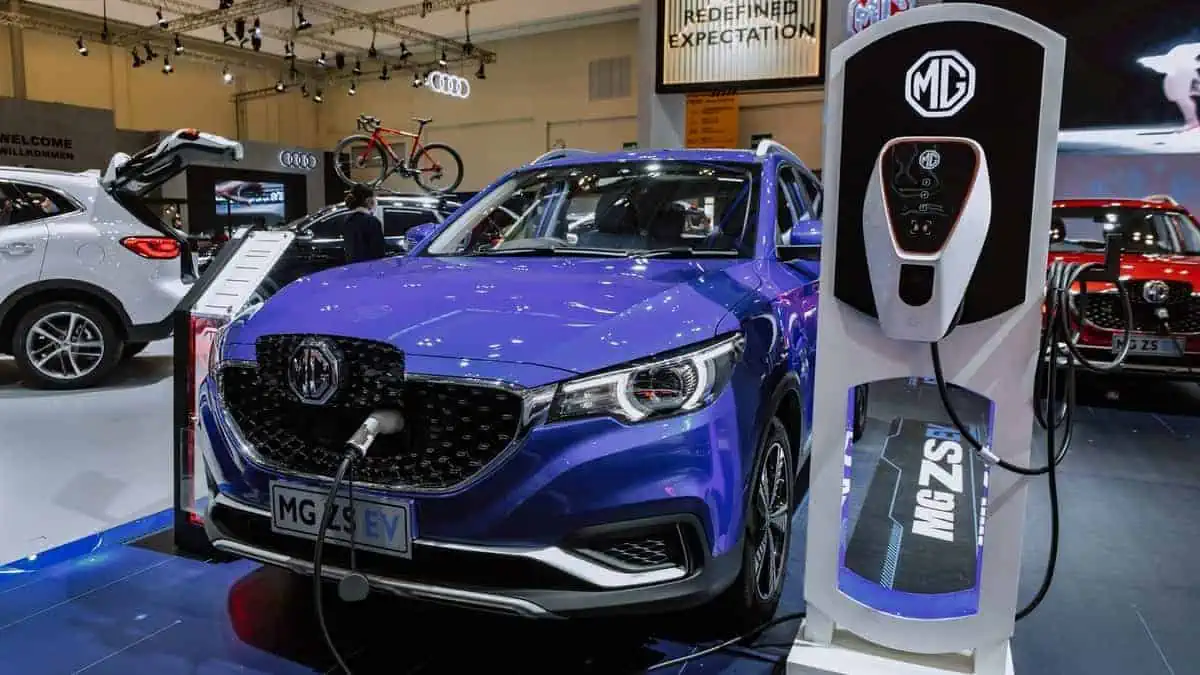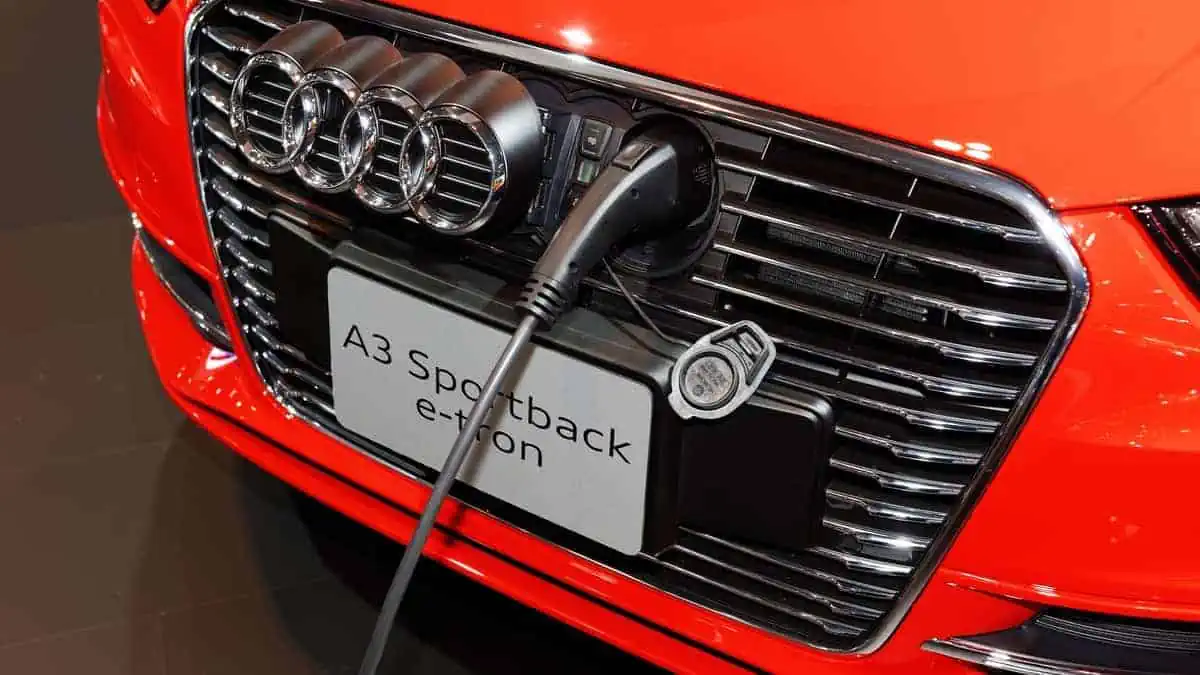The British government has appointed nine local authorities to build over 1,000 electric vehicle charging stations across England, including Durham, Nottinghamshire, and Suffolk. It is part of a wider £450 million pilot strategy to support the UK’s “uptake of zero-emission vehicles” target, according to InsideEVs.
Barnet, Kent, and Suffolk in the southeast of England were designated by the Department for Transport, whereas Dorset is the sole representative for the southwest of England. On the other hand, the northern authorities are Durham, North Yorkshire, and Warrington, while the central authorities are Midlands Connect and Nottinghamshire.
Only £10 million of the £20 million investment needed to fund the initiative comes from the UK government. An additional £9 million in private funding and nearly £2 million from local authorities support the winning pilot bids.
New commercial EV charging infrastructures with faster on-street charge points and larger petrol station-style charging hubs are expected to be made available to locals as a result of this initiative. Interestingly, the government intends to expand the program to £450 million in total spending if the pilot program succeeds. It is uncertain whether this means that the government will contribute up to £450 million or that the sum of the investments from the federal government, local authorities, and private sectors will be £450 million.
“We want to expand and grow our world-leading network of EV chargepoints, working closely with industry and local government, making it even easier for those without driveways to charge their electric vehicles and support the switch to cleaner travel,” said transport minister Trudy Harrison. “This scheme will help to level up electric vehicle infrastructure across the country, so that everyone can benefit from healthier neighbourhoods and cleaner air.”
On the other hand, the EV chargers are believed to be a “boost” for individuals without access to charging stations at home, as explained by AA president Edmund King.
“It is essential that more on-street chargers are delivered to boost the transition to zero emission vehicles for those without home charging,” he said. “This injection of an extra £20 million in funding will help bring power to electric drivers across England from Durham to Dorset. This is one further positive step on the road to electrification.”
With the help of this government initiative, the automotive industry will be aided in its shift to greener transportation, and businesses will be able to effectively plan their transition to a zero-emission future.






